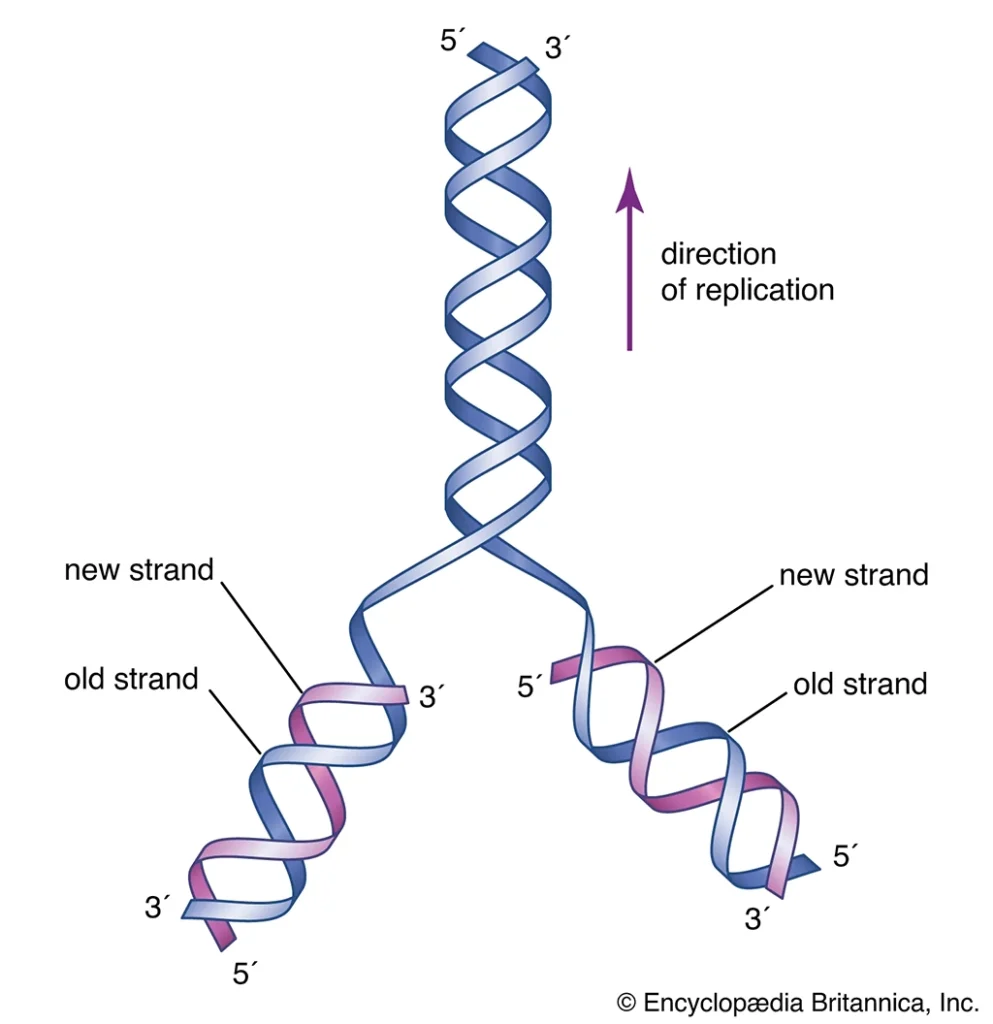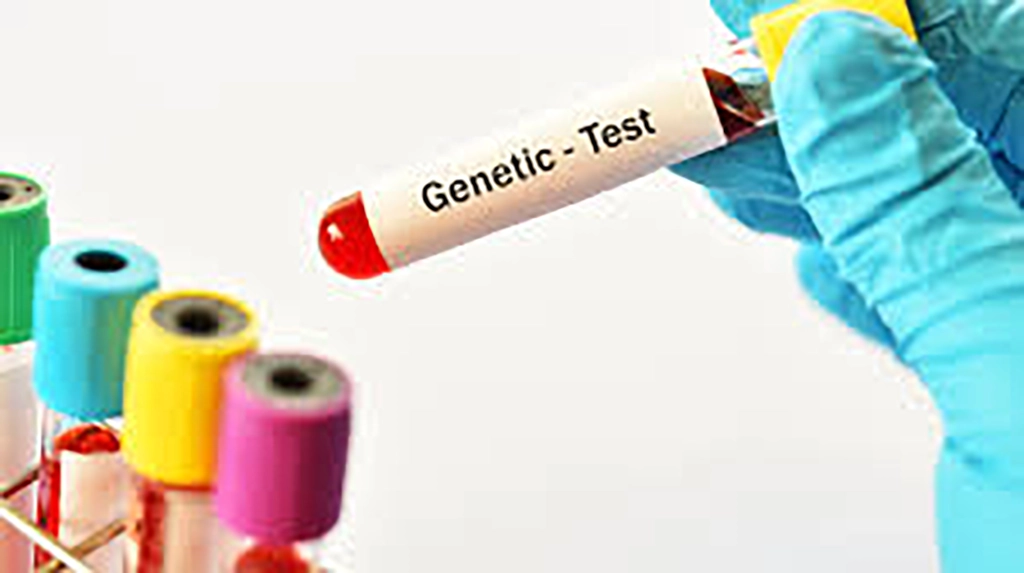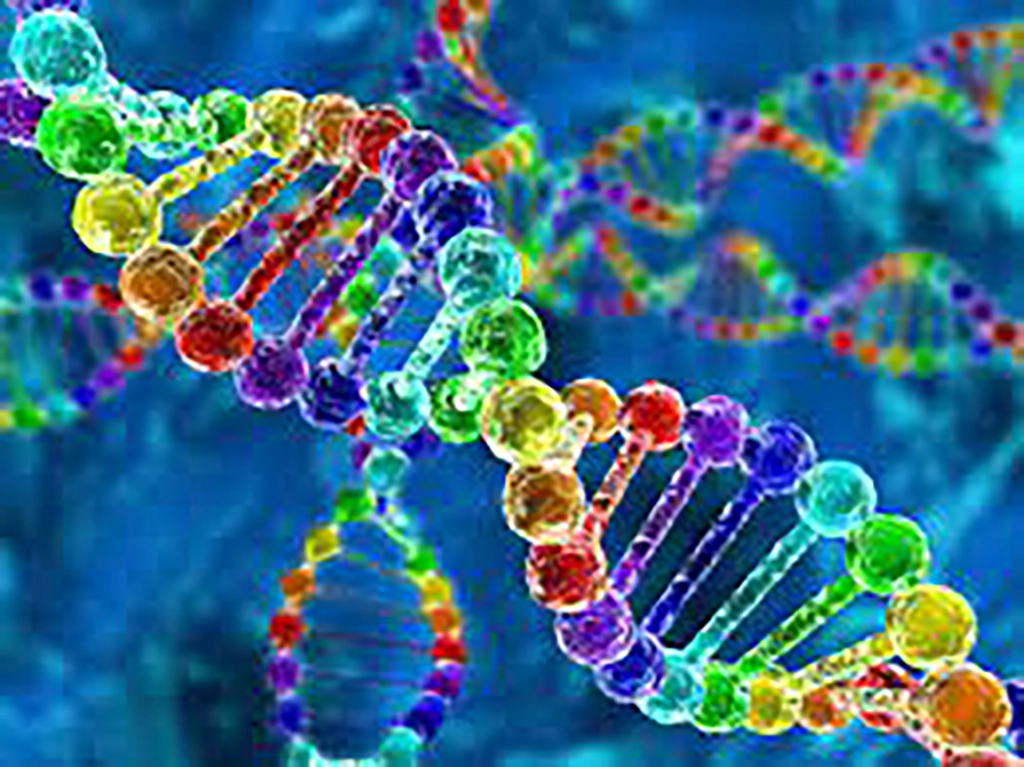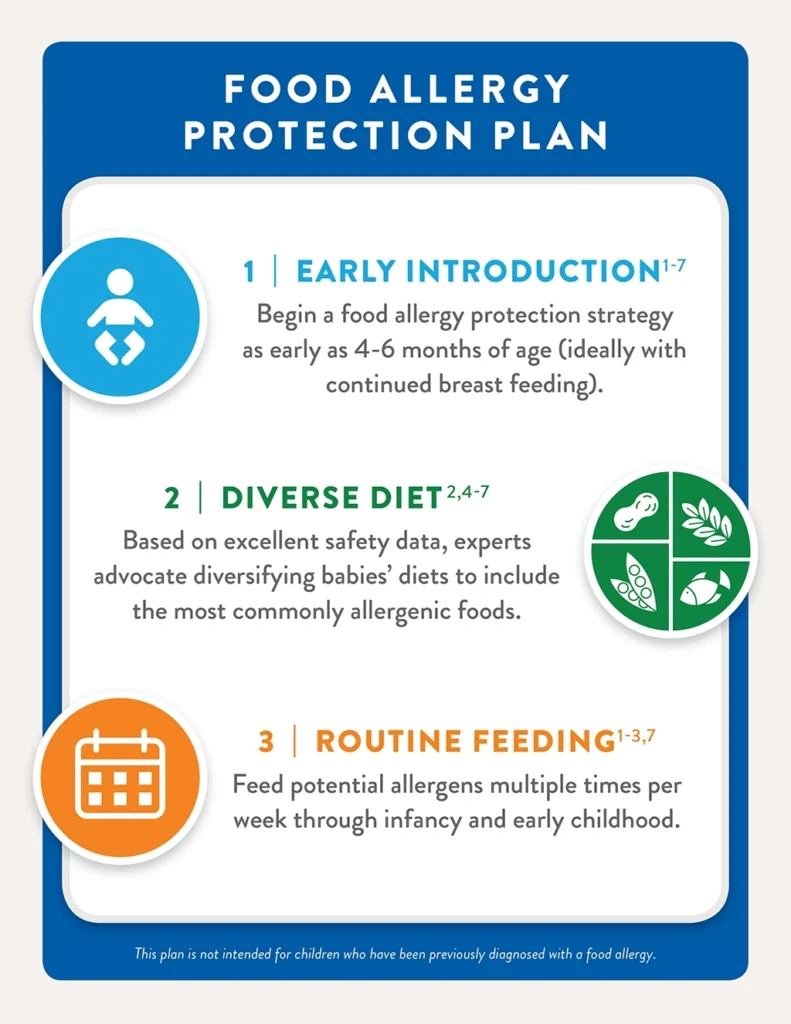Unveiling the Future of DNA and Food Allergies Management
In a world where medical science continually pushes the boundaries of what’s possible, a groundbreaking frontier has emerged in the field of DNA and food allergies. Imagine a future where we can predict and manage food allergic reactions with pinpoint accuracy, all thanks to the remarkable power of DNA. This article delves into the fascinating realm of predicting food allergic reactions using genetic markers, providing you with a comprehensive understanding of this cutting-edge approach.
Table of Contents
DNA and Food Allergies: A Remarkable Connection
DNA and Food Allergies: At the heart of this innovation lies the intricate world of genetics. Our DNA, the blueprint of our biological existence, carries valuable information that can help us decode the mysteries of food allergies. Researchers have uncovered a remarkable connection between DNA and food allergies, paving the way for personalized allergy care.

Genetic Prediction of Allergies: How Does It Work?
Unlocking Genetic Prediction: Genetic prediction of allergies is a revolutionary concept that promises to transform the way we approach food allergies. This method involves analyzing an individual’s genetic makeup to identify specific markers associated with food allergic reactions. These markers can reveal the likelihood of an allergic reaction and its potential severity.
DNA-Based Allergy Care: Armed with this genetic information, healthcare professionals can tailor allergy management plans to each patient’s unique genetic profile. This personalized approach allows for more effective prevention and management of food allergies, reducing the risk of severe reactions.

Real-World Example: Sarah’s Story
To illustrate the power of genetic markers in predicting food allergic reactions, let’s consider Sarah’s story. Sarah had a history of severe allergic reactions to nuts, which had caused her to experience anaphylaxis in the past.
Sarah’s allergist recommended genetic testing to assess her risk and potential severity of future reactions. The results revealed that Sarah had genetic markers associated with a heightened risk of severe nut allergies.
Armed with this information, Sarah and her healthcare team developed a personalized allergy management plan. She received in-depth education on avoiding nut exposure, carried an epinephrine auto-injector at all times, and had regular check-ups to monitor her condition.
Thanks to this proactive approach based on her genetic profile, Sarah has not experienced a severe allergic reaction in years. This real-world example showcases how genetic markers can make a substantial difference in an individual’s life.
The Complexity of Food Allergies
Understanding food allergies is crucial before delving into the power of genetic markers. Food allergies occur when the body’s immune system mistakenly identifies specific proteins in food as harmful invaders. This triggers an immune response, leading to a range of symptoms that can vary from mild itching to life-threatening anaphylaxis.

The Role of Genetics in Food Allergies
Food allergies have long been recognized as a complex interplay between genetic and environmental factors. While environmental triggers like exposure to allergenic foods play a role, genetics can significantly influence an individual’s susceptibility to food allergies.
Recent advancements in genetic research have identified specific genes and genetic variations associated with food allergies. These genes can affect how the immune system responds to certain foods, potentially leading to allergic reactions.
Genetic Markers and Food Allergies
Genetic markers, also known as biomarkers, are specific genetic variations or patterns that can indicate an increased risk of developing certain conditions or diseases. In the context of food allergies, researchers have been exploring how these genetic markers can help predict an individual’s risk and the severity of allergic reactions.

The Promise of Personalized Allergy Care
The integration of genetic markers into food allergy management holds immense promise. Here’s how it works:
Identifying Risk: Genetic testing can identify individuals with a higher genetic predisposition to food allergies. This information allows healthcare providers to focus on those at greater risk, offering targeted screening and education.
Predicting Severity: Genetic markers can also shed light on the potential severity of allergic reactions. Those with specific genetic profiles may be more prone to severe responses, requiring more proactive management and preparedness.
Tailored Prevention: Armed with genetic insights, individuals can make informed choices about their diet and exposure to allergenic foods. This personalized approach can significantly reduce the risk of accidental allergen ingestion.
Optimized Treatment: For those already living with food allergies, genetic information can guide treatment strategies. Medications and therapies can be customized to an individual’s genetic profile, potentially enhancing their effectiveness.

The Future of Food Allergy Management
While the integration of genetic markers into food allergy management is exciting, it’s important to note that this field is still evolving. Many factors influence the development and management of food allergies, and genetics is just one piece of the puzzle.
Ongoing research aims to refine our understanding of the genetic basis of food allergies, identify more accurate predictive markers, and develop targeted therapies. As our knowledge deepens, the potential for even more precise and effective food allergy management grows.
Genetic Markers and India’s Culinary Diversity
India’s Rich Food Heritage: India is renowned for its diverse and flavorsome cuisine. With a multitude of dishes that vary from region to region, Indian food is a gastronomic adventure. However, it’s essential to recognize that this diversity also means a wide range of potential allergens.
Regional Ingredients: Each Indian region has its unique ingredients and food preparation methods. For example, the coastal regions often feature seafood dishes, while the northern regions lean towards dairy-based recipes. These regional variations introduce a multitude of potential allergens, making food allergies a significant concern.
The Role of Genetic Markers: Genetic markers can play a vital role in India’s culinary landscape. They can help individuals identify their genetic predisposition to specific food allergies prevalent in their region. This knowledge empowers people to make informed choices when enjoying the rich tapestry of Indian cuisine.
Example: Spice Allergies: In India, spices are the heart and soul of many dishes. Some individuals may have genetic markers that indicate a heightened sensitivity to certain spices. Knowing this in advance can help them avoid dishes that could trigger allergic reactions.
By incorporating genetic markers into Indian food culture, we can ensure that everyone can savor the nation’s culinary delights while minimizing the risks associated with food allergies.
A Better Life for All: The Global Impact of Genetic Prediction
Reducing Allergic Reactions Worldwide: The integration of genetic markers into food allergy management isn’t just limited to specific regions; it has the potential to benefit people worldwide. By understanding an individual’s genetic predisposition to allergies, healthcare providers can offer more precise guidance and intervention. This translates into fewer allergic reactions globally, leading to healthier and safer lives.
Enhancing Quality of Life: Food allergies can significantly impact a person’s quality of life. The constant fear of accidental exposure and the need to scrutinize every ingredient label can be exhausting. Genetic prediction offers a path toward greater peace of mind. People can enjoy meals without constant worry, savoring the culinary diversity our world has to offer.
Optimizing Healthcare Resources: With more precise allergy management, healthcare resources can be optimized. Fewer emergency room visits and hospitalizations due to severe allergic reactions mean reduced healthcare costs. This, in turn, allows healthcare systems to allocate resources to other critical areas, benefiting society as a whole.
Promoting Inclusivity: The world becomes a more inclusive place when food allergies are better understood and managed. Restaurants, food manufacturers, and communities can become more accommodating to individuals with allergies, ensuring that everyone can participate in social events without fear of allergenic exposure.
Global Awareness: As genetic prediction of food allergies gains prominence, it raises awareness about the importance of food safety and the need for allergy-friendly environments. This global awareness fosters a culture of empathy and support for those living with food allergies.
In essence, the integration of genetic markers in predicting food allergic reactions transcends borders and cultures. It has the potential to create a world where everyone, regardless of their genetic makeup, can lead a better, healthier, and more inclusive life.
FAQs: Addressing Common Questions
Q1: Can genetic markers accurately predict food allergies?
Yes, research suggests that genetic markers can provide valuable insights into an individual’s susceptibility to food allergies. While not infallible, these markers offer a promising avenue for prediction.
Q2: Is genetic testing for food allergies widely available?
Genetic testing for food allergies is still in its early stages. It may not be readily accessible to everyone yet, but ongoing research is likely to lead to increased availability in the future.
Q3: Are there any ethical concerns related to the genetic prediction of food allergies?
As with any emerging medical technology, ethical considerations are essential. Issues like privacy and genetic discrimination must be addressed as genetic prediction tools become more widespread.
Conclusion: Embracing the Genetic Revolution
In conclusion, the power of DNA in predicting food allergic reactions with genetic markers is a remarkable advancement in the field of food allergy management. While it’s not a panacea, it offers the potential for more personalized, effective, and targeted care for individuals with food allergies.
As research continues to unfold, we can look forward to a future where the management of food allergies becomes even more precise, reducing the burden of this condition on affected individuals and their families. Embracing the genetic revolution in healthcare is a step toward a safer and healthier future.









1 thought on “DNA and Food Allergies: Predicting Food Allergic Reactions with Genetic Markers”